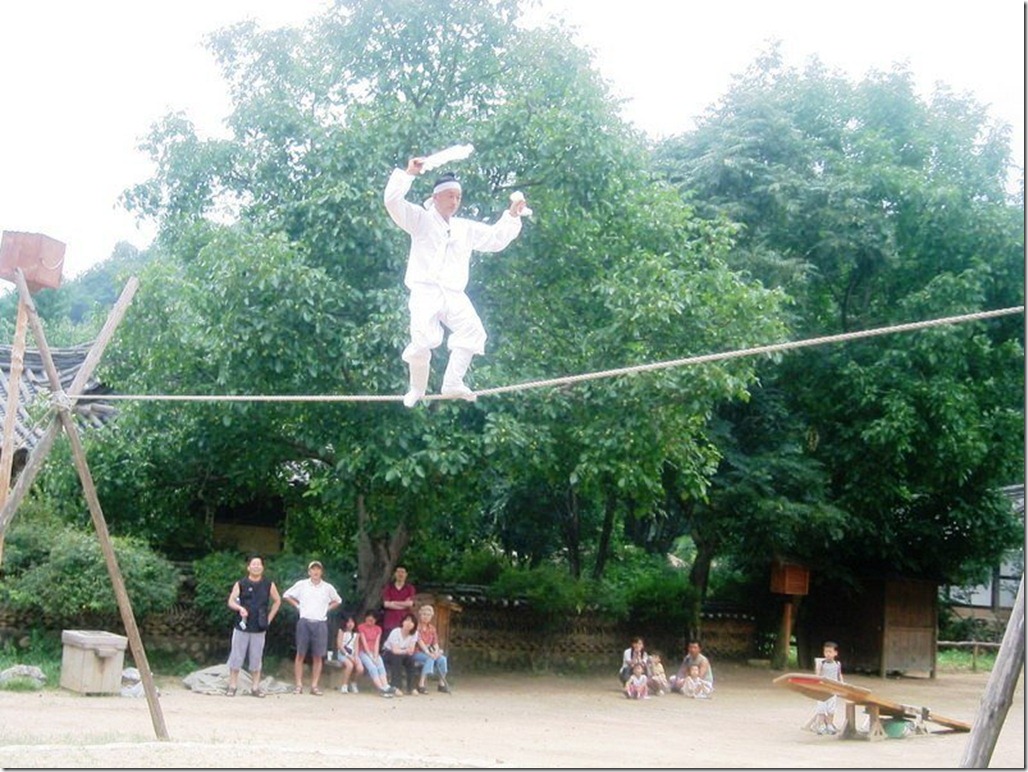I want to tell you about our miserable experience with Delta Air Lines. Let me start by writing that our bad flight experience did not occur during our flight to Hawaii. The crew members of the Delta flight to Hawaii were very helpful and gracious. This rant is directed towards some members of the ground crew and the short-hop flight crew from D.C. to Atlanta. Let me also preface this by writing that our situation is unique in that we are in the process of relocating long term to Korea and carried with us an unwieldy amount of carry-on baggage, and we were (are) all ill with the stomach flu. That in and of itself made our traveling difficult.
The trouble started on the short hop flight from Washington Reagan National Airport to Atlanta Hartsfield on a Delta flight piloted by a crew operating out of Cincinnati. If you fly the 8:05 a.m. route out of D.C., watch out. In general, they are a very rude air crew and in my opinion have forgotten the meaning of customer service. I am thankful we didn’t have the bad experience so many had with U.S. Air over Christmas, but we were still miserable because of the thoughtlessness of that Delta flight crew. I imagine that Delta’s current troubles and flirtation with bankruptcy have much to do with their overall poor level of customer service. The experience was bad enough that I will no longer fly Delta unless I am required to do so. I also plan to write to complain to Delta and don’t mind sharing this story to give you a heads up about flying Delta if you have young children.
Our trouble started when we boarded the plane without special assistance. As parents with small children, airlines usually take special care to ensure that people with special needs receive appropriate assistance. Apparently Delta has discontinued the age-old tradition of pre-boarding for the handicapped, elderly, and parents with small children. In an effort to save money and act more like no-frills leader Southwest Air Lines, Delta also discontinued boarding row by row and now board by “zones”. We had the misfortune of flying on a full flight with seats in one of the last “zones” to board the plane. We waited dutifully for our turn and were among the last to board the plane. We were rushed and were told upon entering the plane that we could not stow our carry-on luggage as carry-ons–we would have to check them in. We were told that we had “4 minutes” before the plane departed to get in our seats. That would have been fine if we did not have children, but as a family with a small child and many carry-ons for our trip to Korea, including car seat and child backpack, we needed time to get ourselves situated. The flight crew took our carry-ons and checked our son’s toys for the flight in all the way through to Honolulu! He would have had to make it through all the way to Honolulu (over 11 hours plus connection) with little to keep him preoccupied. I cannot believe that not once did any Delta employee–from the ticketing agent to the gate to the flight crew–offer to assist our family prior to boarding, and after we boarded we were treated very rudely.
While this experience was very irritating, what really makes me rant is that we were offhandedly accused by some employees of not knowing the rules and not asking for assistance ourselves. In our ignorance we did not know pre-boarding had been discontinued. We waited for a window of opportunity to come forward for assistance, but the window we expected was not there. Not one Delta employee recognized us as a family in need and offered to assist us, even after I asked one ground crew member whether we had too much carry-on baggage.
In addition, we were told by the short-hop flight crew after the fact to ask for assistance before our next flight. So, guess what…that’s what I did for our next flight in Atlanta. Right before boarding for the Hawaii flight began I specifically went up to ask for assistance for my family. I was told that we had to board “by zone” and that we would have to wait our turn. That was the last straw. I wasn’t about to put up with that after all the nastiness we received from the previous flight crew about not asking for assistance. I grew animated, and we told our story to every sympathetic customer we could find. I finally found a second Delta crew member who took pity on us and assisted us. I am very thankful for what she did for us, and she should be commended for doing what her coworkers should have done all along. Passengers are not cattle to be herded; they are customers who need to be treated as such. It’s common courtesy anyone should have the right to expect.

